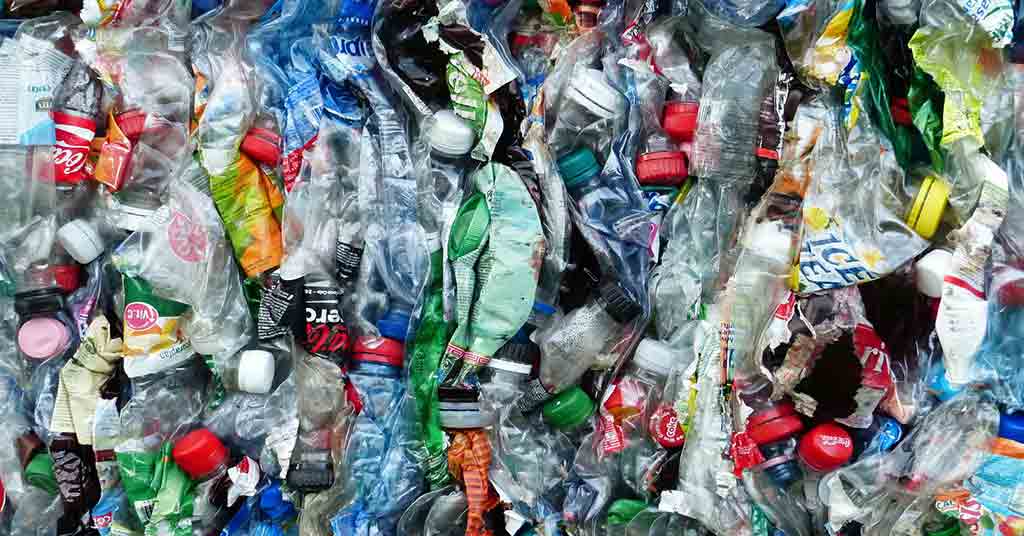Welcome To ChemAnalyst

In a collaborative effort, five professionals from McKinsey & Co. have shed light on an imminent challenge in early September: a potential shortfall in polyethylene terephthalate (PET) scrap, a critical component for aiding consumer packaged goods companies in achieving their recycled content targets.
These co-authors, all stationed across various McKinsey offices in the United States, have centered their analysis on PET bottle collection and the future availability of recycled-content PET (rPET). They have underscored a tangible and pressing issue, emphasizing that brand owners "face the very real risk that they may fail to achieve their goals due to an anticipated shortfall of recycled materials."
Relying on figures and forecasts meticulously compiled by the McKinsey research team, they have sounded the alarm, stating that "If brands with public recycled-content commitments adhere to their plans, the U.S. demand for rPET in 2030 is expected to surpass supply by approximately threefold.” The McKinsey co-authors emphasize that when it comes to increasing the supply, there are opportunities across the value chain to enhance PET recovery, spanning from collection to sorting and processing, as they mention that over 80 percent of PET scrap goes unused. They also highlight the potential for forging public-private partnerships, citing The Recycling Partnership in Washington as an exemplar. These partnerships could work towards increasing local collection rates, particularly in areas with underfunded or non-existent curbside recycling programs.
The report provides a stark assessment of the current state of PET scrap collection in the United States. Presently, only around 27 percent of PET bottles and approximately 18 percent of all recyclable PET plastic are collected, while the remainder ends up in landfills. Furthermore, there has been no substantial increase in PET collection or sorting in recent years. Consequently, the supply of rPET has experienced only modest growth, averaging around 1 percent annually from 2012 to 2022 in North America. The McKinsey projection paints a troubling picture of the future. While U.S. rPET consumers absorbed slightly more than 1.51 million pounds (755 tons) of recycled PET flake in 2020, it is anticipated that by 2030, these same sectors may require as much as 4.89 million pounds (2,490 tons) of the material, according to McKinsey's forecast.
In their closing remarks, the authors of the report offer a sobering prediction. If brands remain steadfast in their commitments to recycled content, and if supply issues are not promptly addressed, "As the supply-and-demand imbalance widens, the price premium between rPET and virgin PET has the potential to rise significantly over the next decade." This scenario underscores the critical importance of taking proactive measures to secure a stable and sustainable supply of rPET to meet the growing demand and environmental objectives effectively.
We use cookies to deliver the best possible experience on our website. To learn more, visit our Privacy Policy. By continuing to use this site or by closing this box, you consent to our use of cookies. More info.
